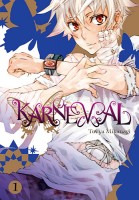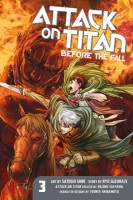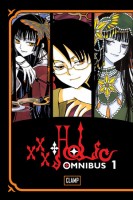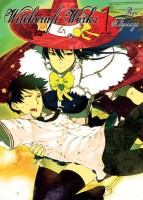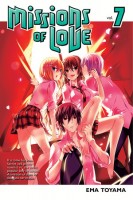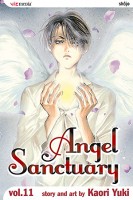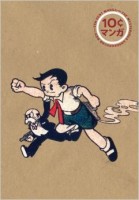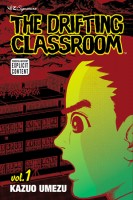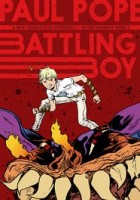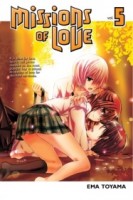
 And the winner of the Ema Toyama Twosome is… Coco!
And the winner of the Ema Toyama Twosome is… Coco!
As the winner, Coco will be receiving two manga by Ema Toyama: Manga Dogs, Volume 1 and Missions of Love, Volume 1. Both of those series feature protagonists who are professional storytellers, a mangaka and cell phone novelist respectively. So, for the manga giveaway, I asked participants to tell me a little about their favorite characters in manga who are writers. Check out the Ema Toyama Twosome comments for all of the characters mentioned, and check out the list below for all of the manga mentioned and then some!
Manga available in English featuring writers of various types:
Author’s Pet by Deathco Cotorino
Awaken Forest by Yuna Aoi
Bakuman written by Tsugumi Ohba, illustrated by Takeshi Obata
Barefoot Waltz by Romuko Miike
Blood Alone by Masayuki Takano
Fairy Tail by Hiro Mashima
Fruits Basket by Natsuki Takaya
Gerard & Jacques by Fumi Yoshinaga
Gravitation by Maki Murakami
Honey Blood by Miko Mitsuki
Junjo Romantica by Shungiku Nakamura
Kiss All the Boys by Shiuko Kano
Kinoko Inu: Mushroom Pup by Kimama Aoboshi
Kodocha: Sana’s Stage by Miho Obana
Liberty Liberty! by Hinako Takanaga
Love Machine by Amayo Tsuge
Manga Dogs by Ema Toyama
Me & My Brothers by Hari Tokeino
Missions of Love by Ema Toyama
Monthly Girls’ Nozaki-kun by Izumi Tsubaki
No One Loves Me by Yugi Yamada
Not Love But Delicious Foods Make Me So Happy! by Fumi Yoshinaga
Otomen by Aya Kanno
R.O.D.: Read or Die written by Hideyuki Kurata, illustrated by Shutaro Yamada
R.O.D.: Read or Dream written by Hideyuki Kurata, illustrated by Ran Ayanaga
The Times of Botchan written by Natsuo Sekikawa, illustrated by Jiro Taniguchi
The Strange Tale of Panorama Island by Suehiro Maruo
Two of Hearts by Kano Miyamoto
Utsubora: The Story of a Novelist by Asumiko Nakamura
La Vie en Rose by Sakurako Yamada
Welcome to the N.H.K. by Kendi Oiwa
Yukarism by Chika Shiomi
The above list isn’t quite comprehensive, but it does include most of the manga available in print that I know of that have characters who are writers. While compiling the list I was struck by how many boys’ love titles feature authors. I’m not entirely sure why that profession seems to be particularly popular in that genre, but there you have it. Thank you to everyone who shared your personal favorites with me; I hope to see you again for the next giveaway!
